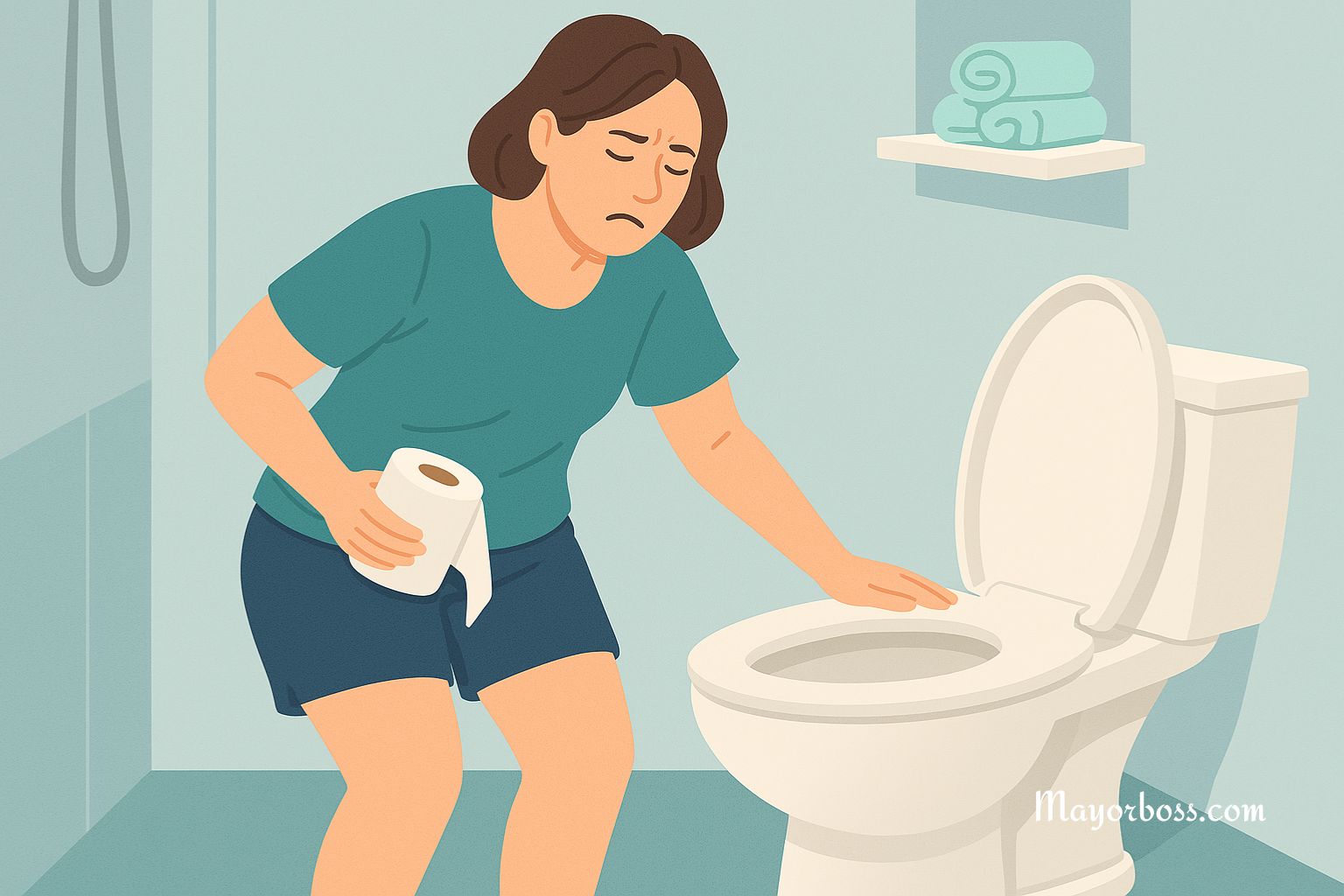5 Symptoms Of Dementia To Look Out For In Loved Ones
Dementia—often specifically associated with Alzheimer’s disease—is a general term for loss of memory, usually a decline in thinking and problem-solving ability that is actually so severe enough to impede daily life, according to Alzheimer’s Association.
It is not a specific disease but a group of symptoms associated with a decline in memory, reasoning, or other thinking skills. Notably, many different types of dementia exist, with Alzheimer’s being the most common type.
Dementia is a progressively debilitating condition, with about 1 in 14 people over the age of 65 diagnosed with the condition, says the NHS. It’s essential to understand that dementia isn’t a part of normal aging but a disease of the brain that affects everyone differently.
Symptoms Of Dementia
Memory Loss
One of the earliest and most recognizable signs of dementia is memory loss. Your loved one might start forgetting recent events, names, or faces, leading to confusion. They might repeat the same questions or stories within a short time frame. Remember, occasional memory problems are part of normal aging, but persistent and increasing forgetfulness might indicate a more serious issue.
Difficulty with Everyday Tasks
Individuals with dementia usually find it difficult to complete daily tasks. They may struggle with balancing their checkbooks, remembering the rules of their favorite game, or driving to a familiar location. Over time, these challenges might escalate to the point of not being able to prepare meals or even dress themselves.
Communication Issues
According to Alzheimer’s Society, language and communication problems are prevalent in those living with dementia. They may have difficulty finding the right words, leading to halting or circular conversations. This frustration can often lead to them withdrawing from social interactions and expressing themselves less frequently.
Disorientation and Confusion
Persons with dementia often become disoriented or confused about where they are or what time it is. They may not recognize familiar places and get lost easily. This can be particularly distressing and is often a significant early warning sign of dementia.
Mood and Personality Changes
Dementia can lead to noticeable changes in personality and mood. A person who was once outgoing might become withdrawn. Or, a person who was generally cheerful might become easily irritable or suspicious. These changes can be hard to attribute to dementia, especially when they manifest subtly and gradually.
When to Seek Medical Advice
If you notice any changes in memory, problem-solving ability, or behavioral patterns in your loved ones, it’s important to consult a healthcare provider as soon as possible. Dementia is a serious condition that needs to be diagnosed and managed appropriately to slow its progression and help the individual live a more comfortable life.
Even if you’re uncertain, it’s always better to err on the side of caution. Changes may be subtle or sporadic, but your instincts and observations about your loved ones are important. Trust yourself, and do not hesitate to seek professional advice.
A Quick Recap
Dementia is a debilitating condition that slowly and gradually affects cognitive function and behavior. It’s not just a normal part of aging but a disease that requires appropriate management and treatment. Key symptoms to watch for include memory loss, difficulty in executing everyday tasks, communication issues, disorientation, and mood and personality changes. If you notice any of these symptoms in a loved one, seek professional advice immediately.
Remember, early detection can make a world of difference in the quality of life of someone living with dementia. Don’t ignore the signs—get help and support as soon as you can.
Further Reading: 5 Foods that Fight Dementia and Alzheimer’s Disease






